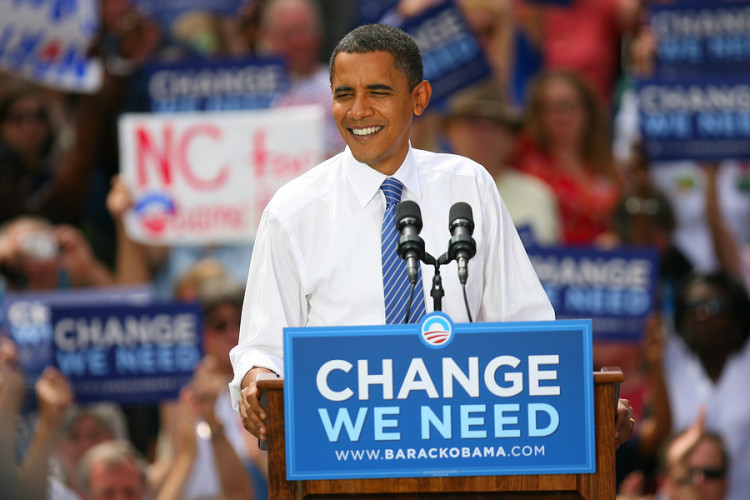Bloomberg Business: Barack Obama’s Tax Plan Makes Overhaul Less Likely

18 Jan 2015 19:57
Barack Obama’s Tax Plan Makes Overhaul Less Likely: Paula Dwyer
Copyright 2015 Bloomberg.
Paula Dwyer
(Bloomberg View) — U.S. President Barack Obama was on a roll — until last night, when the White House released a broad package of tax proposals, the latest in the State of the Union prequel-a-thon.
Obama’s tax plan seeks to help the struggling middle class, address wage stagnation and reduce income inequality — paying for it with higher taxes on the rich. As with other ideas about immigration, community college, broadband Internet and mortgages, the president is trying to set the issue table for 2016 and prove that he’s no lame duck. But unlike with those other plans, tax reform was one of the few areas in which Obama had a shot at doing a deal with congressional Republicans. That’s less likely now — all because of his soak-the-rich framing.
Republicans will always and forever want to cut taxes. Democrats will always and forever want to raise taxes on the wealthy. But both sides agree on a lot, including that the U.S. tax code is too complex and needs streamlining; that numerous tax breaks could be consolidated; and that the tax system could do more to encourage work, help college students and retirees, and reduce penalties on married couples.
Many of Obama’s proposals share this common terrain. The fee that the president would impose on large, highly leveraged financial institutions resembles a bank tax proposed by former Representative Dave Camp, who just retired as the House Ways and Means Committee chairman. Obama intends to triple the maximum tax credit for child care to up to $3,000. Republican Senators Marco Rubio and Mike Lee have a similar proposal to help parents that instead centers on the child tax credit: They would augment the current credit of $1,000 with an additional $2,500 credit, and their credit would all be refundable (those without any tax liability would get a check from the government).
Obama’s suggested tax credit for second earners in a household — up to $500 for married couples when both spouses are employed, which would help overcome the hesitancy of lower- earning spouses to work — also echoes Rubio and Lee’s proposal. The improved earned-income tax credit has already won over some Republican leaders, including Representative Paul Ryan, the new Ways and Means chairman. Even the president’s proposed 28 percent tax rate on investment income, up from 23.8 percent now, has Republican roots. It’s the same level as under President Ronald Reagan’s 1986 tax overhaul. Camp wouldn’t have gone that far, but he was willing to tax capital gains (after excluding the first 40 percent) at the same level as ordinary income, which would have been an increase for most of the wealthy.
Yet, all of these details are obscured by Obama’s soak-the- rich message, one that Republicans won’t sign on to, despite their desire to help the middle class. In the past, they would have proposed government spending cuts, yet all the easy trims (and even some tough ones) have been made, and the declining deficit has put them in a tough spot on this issue. That’s a tough spot Obama could have exploited for compromise had he not rhetorically boxed in Republicans.
To contact the author on this story: Paula Dwyer at pdwyer11@bloomberg.net To contact the editor on this story: Zara Kessler at zkessler@bloomberg.net
For more columns from Bloomberg View, visit http://www.bloomberg.com/view







No Comment